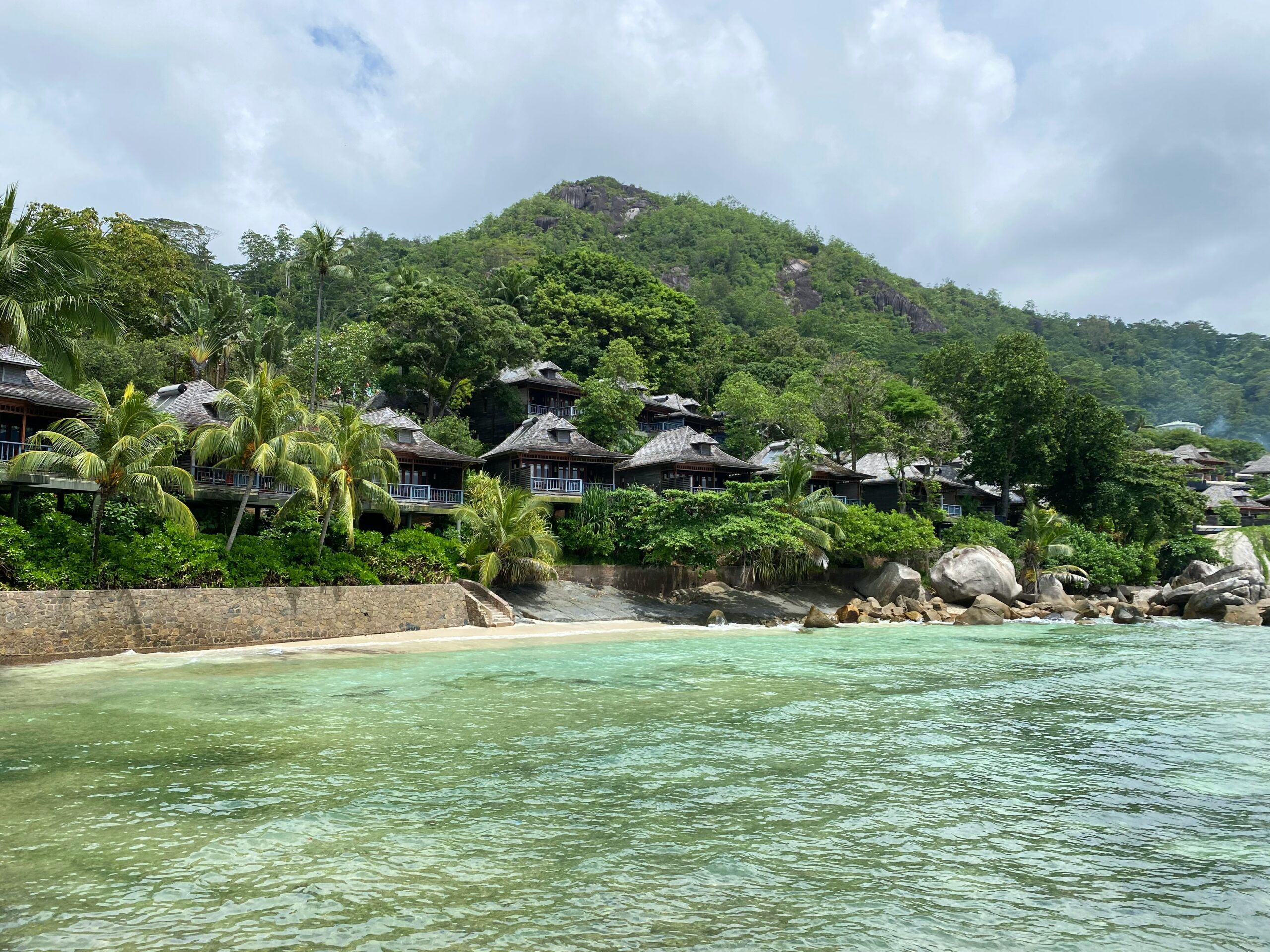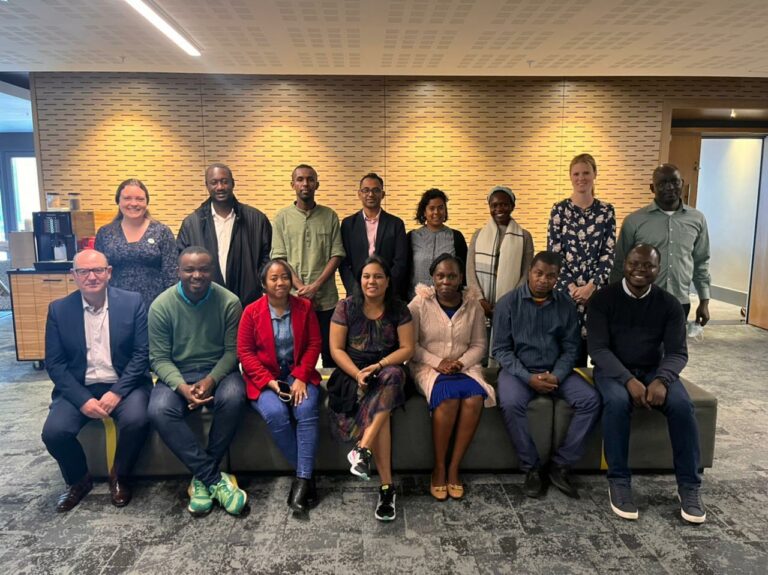17 August 2022
Cities under pressure: African leaders share practical ways to build resilient coastal communities



Leaders from nine coastal African cities get together to understand the interconnections of coastal resilience and to find practical solutions and research interventions that will ensure all-round resilient coastal urban areas.
Africa’s people are migrating to cities, especially coastal cities. By 2025, 800 million people will live in cities where sea levels could rise more than half a meter. To ensure that these cities can comfortably accommodate their growing populations while building resilience to climate change and effectively managing coasts, it is essential to collaborate and problem solve with one another.
To do this, ICLEI Africa and Western Indian Ocean Marine Science Association (WIOMSA) brought together representatives from different governmental departments on the East coast of Africa for a four-day workshop in Cape Town to unpack these issues and find tangible ways forward. The Cities Under Pressure workshop included cities of varying sizes and contexts: eThekwini in South Africa, Victoria in Seychelles, Dar es Salaam in Tanzania, Beira in Mozambique, Kilifi in Kenya, Curepipe in Mauritius, Antananarivo in Madagascar, Mogadishu in Somalia and Zanzibar.

Climate change poses a triple threat to the ocean: it makes the water warmer, reduces the oxygen and increases acidity. Our ocean-facing cities are already experiencing a rise in sea levels, challenges to preserve wetlands, drought, ocean waste and water pollution, infrastructure damage, declining fish stocks, degraded ecosystems and coastal erosion.
But, as Dr Kate Strachan from ICLEI Africa highlighted, there is also an ocean of solutions out there. The main goal for Cities Under Pressure was therefore to create a space where these leaders could learn from one another, share what has been working in their cities and what has not, new ideas they are mulling over and gaps in their understanding where they need capacity building and where we should focus future research.
“While a lot of the work around fighting climate change lies with the national government, our cities have the mandate to look after the urban communities and to take tangible, local-level action,” Strachan emphasised.
Resilience is not only about the oceans, but also about food, energy and waste
A key element of the workshop was providing cities with the opportunity to share more about their work in making their coastal cities more resilient to climate change. This allowed for other cities to consider each other’s efforts and problem solve together.
While some cities focused specifically on coastal management and ways they’ve been exploring to combat flooding, sea level rise and erosion, other cities linked coastal resilience to food security and waste management. The food-energy-waste nexus was a key topic of conversation and proved that resilience is about much more than storms and flooding. By finding cross-cutting solutions, it’s possible for cities to not only reduce the impacts of storm surges but also ensure their people have access to food and energy.
Discussions were decidedly practical and cities shared their experiences in recovering from disastrous cyclones and tsunamis. Technical experts shared proven nature-based solutions for climate resilience as an alternative to hard infrastructure. Cities gave insight into their sustainable agriculture projects and even ways they’ve been reducing ocean plastics and waste increasing the impact of flood events. The workshop focused strongly on the circular economy as an approach to addressing more than one challenge at a time, and with long-lasting positive impacts.
The workshop ended with an excursion to Milnerton in Cape Town where the City has identified escalating coastal risks associated with climate change and the impact that this is likely to have on Cape Town. Woodbridge Island has been identified as one of the erosion hot spots along the Milnerton coastline. Climate change and sea-level rise are identified as some of the key drivers of beach erosion, in this area, Woodbridge Island and Lagoon beach are erosion hot spots. Leaders and technical experts discussed how Cape Town’s coastline has been altered through development and, as such, the City is vulnerable to sea-level rise. A take-home message was that vulnerability to coastal erosion and storm surge along our coastlines is not uniform and therefore solutions and approaches will need to be site-specific.


